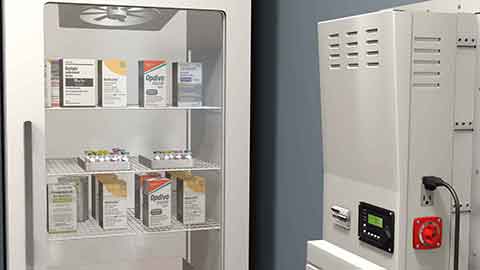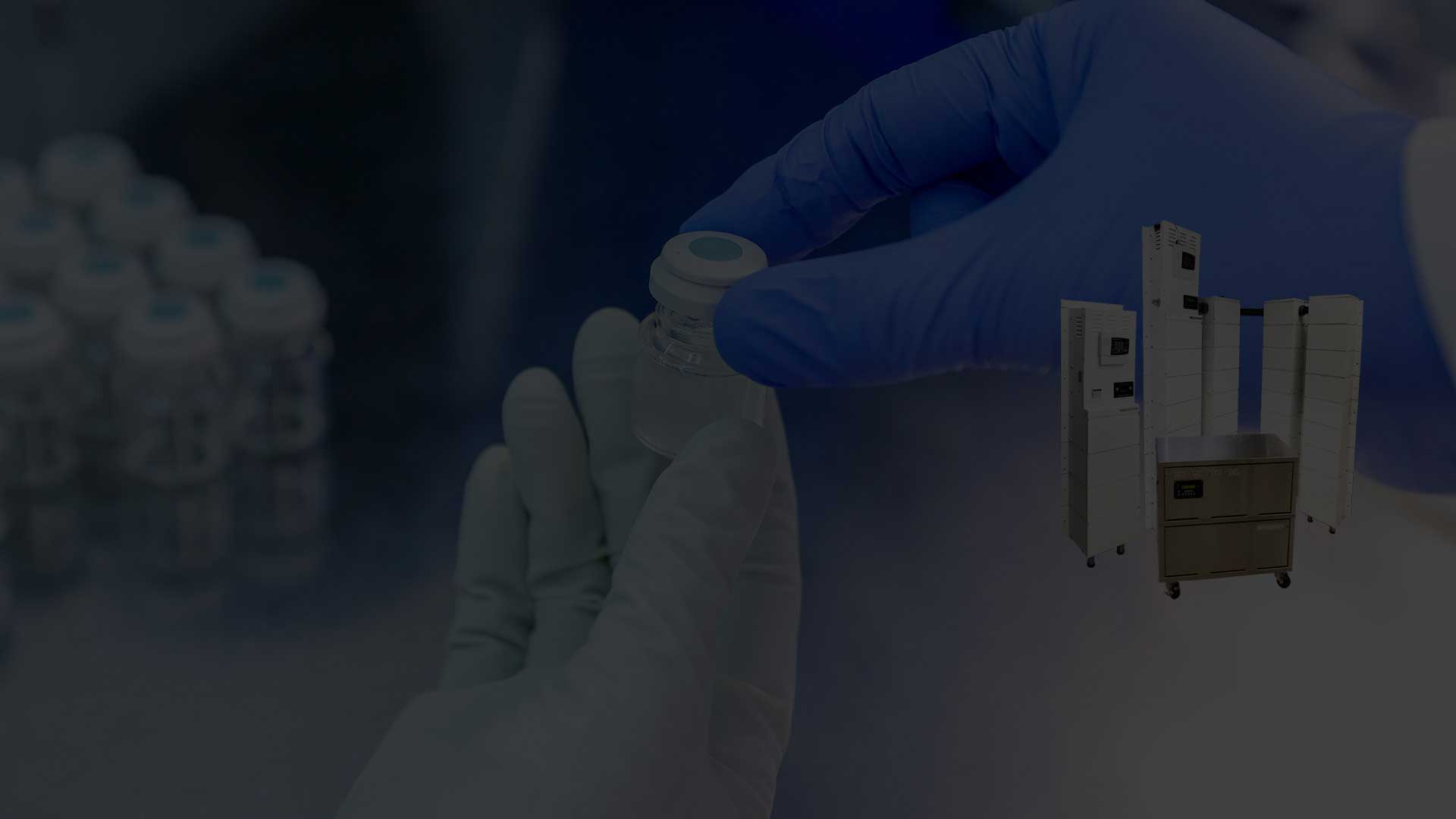Will ERCOT’s Rolling Blackouts This Summer Affect Medical Facilities?
ERCOT Appeals to Texans to Reduce Power Consumption Amidst a Shortage
Two times this week, on July 10th and 13th, and for the third time this year, the Electric Reliability Council of Texas (ERCOT) released public appeals to both the population and business communities of Texas to conserve power amidst a record setting heat wave
Temperatures across the state have consistently reached over 100 degrees. The Dallas metropolitan area, the fourth largest in the United States, reached or exceeded that temperature for 10 straight days. On the same day as ERCOT’s initial appeal, —July 10— Austin and Somerville Texas reached record-setting temperatures of 110 and 113 degrees. With little respite in sight, heat warnings were issued.
The reasoning, ERCOT says, behind the appeal is a confluence of supply-side factors.
First, increased demand throughout the summer has caused wear-and-tear on natural gas and coal-fired plants. As a result, there are currently a higher-than-expected number of outages at those plants, as they recover and repair.
Secondly, renewable sources such as wind and solar are underperforming due to low winds and dark cloud cover in western parts of Texas.
Thus, in their plea, ERCOT recommended the following power saving measures to reduce demand during peak usage times (2pm-9pm)
- Turning up thermostats by 1-2 degrees, if comfortable
- Postponing running major appliances or pool pumps during the requested timeframe.
After appeal, If the grid’s power conditions still do not improve, ERCOT would then put in place controlled, rotating power outages. These are commonly called “rolling blackouts.” During these instances, Texans in many areas could lose power for more than 45 minutes at a time. This is to curb demand and “ration” the available energy among all users.
Can Healthcare Facilities Lose Power During Rolling Blackouts?
Most of the continental United States is served by two separate power grids. The Eastern Interconnection and the Western Interconnection. These interstate power grids are regulated by FERC, the Federal Energy Regulatory Commission. Hospitals, clinics, surgery centers and other health care facilities are classified as “critical care facilities” by FERC. As such, their energy needs are prioritized and often excluded from “rolling” blackouts.
But, Texas has their own, separate power grid which provides power to 90% of the state. This is appropriately named the Texas Interconnection. Because this power grid is located only in Texas, it is NOT subjected to the interstate commerce regulations of the federal government.
So, FERC does not have authority over providers on the Texas Interconnection—only ERCOT. As such Texas can make its own rules when it comes to power distribution during peak demand. Similarly, it can also decide whether to upgrade its grid to be more resistant to extreme weather events.
ERCOT has no official mandate that hospitals and other “critical care facilities” be prioritized when rolling blackouts are necessitated. During the southwest cold snap of 2011, 3 hospitals in North Texas: Parkland, Presbyterian Dallas and Baylor Methodist were all subject sudden rolling blackouts.
Meanwhile, Cowboys Stadium (now called AT&T Stadium) in Arlington, TX continued to receive uninterrupted power as preparations for Super Bowl XLV, only 4 days away, were in progress.
Those three healthcare facilities were offline for approximately 15 minutes. As a result, all elective procedures in the follow days needed to be re-scheduled. Additionally, every facility waited ~5 minutes before their backup power generators were able to come online.
In total, about 20 hospitals were affected by the 2011 blackouts in Texas. The Dallas-Fort Worth Hospital Council stated that millions of dollars of equipment were damaged. One hospital's HVAC system was damaged enough to cause a fire. While in another, the power went out during an open-heart surgery procedure.
Luckily, no one died during the forced blackouts.
Yet, even with ONCOR (the grid operator responsible) stating they will focus on hospitals, clinics and surgery centers going forward, there is still no legal guarantee healthcare facilities in Texas will continue to receive power during forced power outages.
Nonetheless, health services administrators across the United States should be prepared to face a summer of outages. According to Energy Information Administration (EIA) the Since 2013 the average outage time faced per user has doubled from 4 hours per year to 8 hours—with the difference being exclusively attributed to the rise of catastrophic weather events.
How Can I Prepare My Healthcare Facility for Rolling Blackouts?
Regardless of where your facility is located a proper backup power plan is essential to maintaining service during unexpected outages.
15 minutes, while a short amount of time relative to a lifetime, might as well be eons in a healthcare facility. Even more so, when those facilities had their emergency generators finally engage, it was still 5 minutes, without power, in the dark.
That is an unacceptable amount of time to ensure the safety of equipment, staff, and the patients you serve. However, an instant, automatic and reliable source of backup power to hold you over for 5 minutes until a large-scale generator can kick in is an invaluable resource.
Battery backup power does exactly that.
Their built-in transfer switches can engage and begin powering your appliances in milliseconds. And the scalable battery-based energy storage solution means you can access backup power for 5 minutes, 5 hours, or even days. Battery powered inverters ensure smooth and clean signals wont damage any equipment. And their power output means you can backup once small fridge or an entire operating theatre.
Multiple hardware options means you can have a mobile power station, a battery generator which powers specific wall outlets inside your facility, or an indoor generator you can mount inside any room you need.
As the summer hits its peak and the “dog days of august” approach, every potential storm and sweltering day could knock power out to your facility. Potentially, for much more just 15 minutes.


